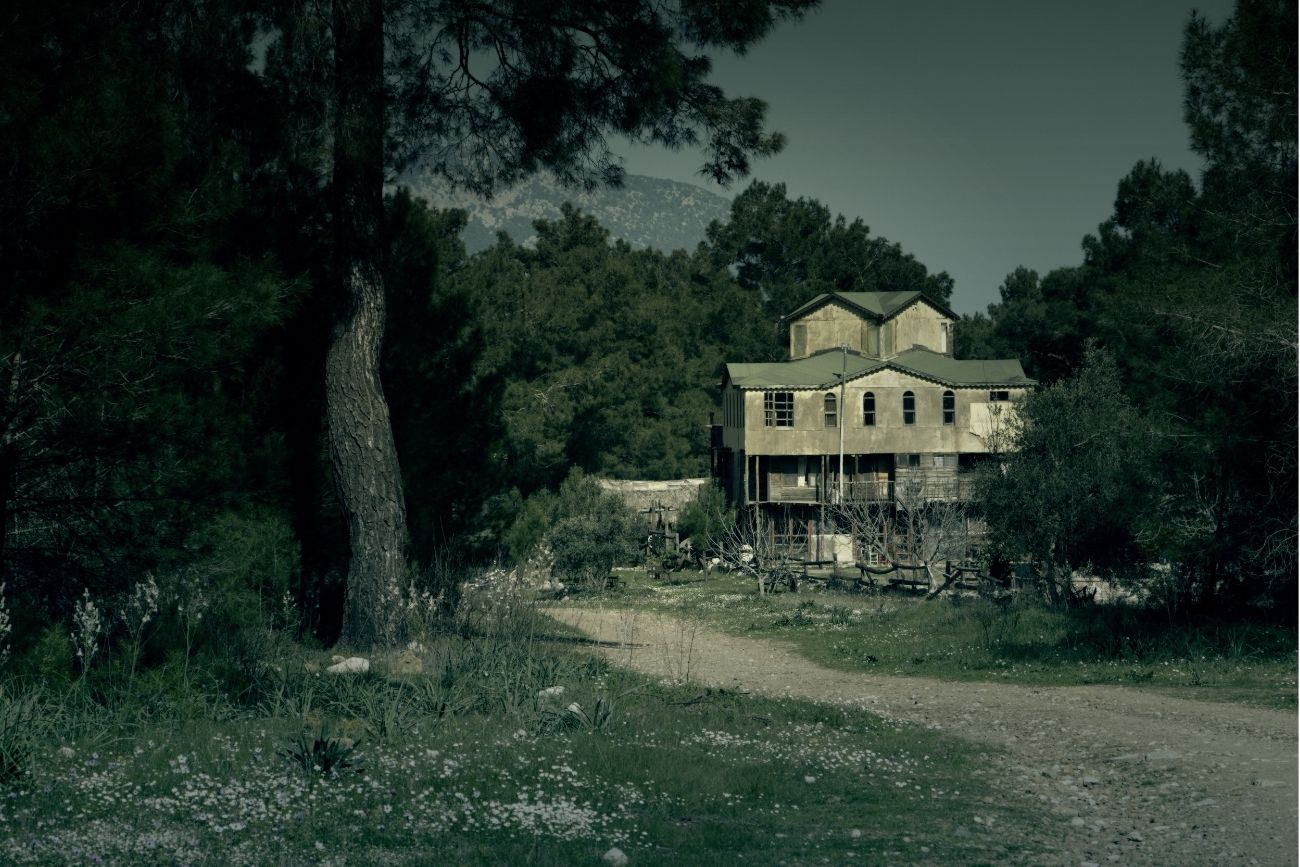
20 Essential Brazilian Portuguese Nouns You Need to Know
Learning nouns is a great way to start building your vocabulary in any language. In Brazilian Portuguese, knowing essential nouns can help you describe people, places, and things around you. This guide presents 20 fundamental Brazilian Portuguese nouns divided into four sections, each covering a different category of vocabulary. With these nouns, you’ll be able to navigate everyday conversations and make your language learning journey smoother.
1. Brazilian Portuguese Nouns for People and Relationships
1. Pessoa (Person)
One of the most basic nouns, pessoa is used to refer to any individual and is commonly used in conversation.
Example: Ela é uma pessoa incrível. (She is an amazing person.)
2. Amigo / Amiga (Friend)
Friendship is an important part of Brazilian culture, making amigo (male friend) and amiga (female friend) essential nouns to know.
Example: Meu amigo gosta de música brasileira. (My friend likes Brazilian music.)
3. Família (Family)
The noun família is vital for talking about relatives, a common topic in Brazilian conversations.
Example: Minha família é muito unida. (My family is very close.)
4. Criança (Child)
Used to refer to young children, criança is an important noun for discussing families or describing age groups.
Example: A criança está brincando no parque. (The child is playing in the park.)
5. Homem / Mulher (Man / Woman)
Basic nouns for describing people by gender, homem and mulher are frequently used.
Example: Ele é um homem gentil. (He is a kind man.)
2. Brazilian Portuguese Nouns for Places and Locations
6. Cidade (City)
Brazil has many vibrant cities, making cidade a useful noun for travel and geography conversations.
Example: A cidade de São Paulo é muito grande. (The city of São Paulo is very large.)
7. Casa (House / Home)
A central concept for everyone, casa is the noun for house or home in Brazilian Portuguese.
Example: Minha casa fica perto da praia. (My house is near the beach.)
8. Rua (Street)
Knowing the noun rua is helpful for giving and understanding directions in Brazil.
Example: A loja fica na próxima rua. (The store is on the next street.)
9. Praia (Beach)
With Brazil’s famous beaches, praia is a noun you’re bound to hear and use often.
Example: Vamos à praia amanhã. (We are going to the beach tomorrow.)
10. Escola (School)
Escola is essential for talking about education or where children and young people go to learn.
Example: A escola começa às oito da manhã. (School starts at eight in the morning.)
Ready to immerse yourself in the language and culture of Brazil?
3. Brazilian Portuguese Nouns for Daily Items and Objects
11. Carro (Car)
Carro is commonly used in Brazil, where public transportation and personal cars are widely used.
Example: Meu carro é vermelho. (My car is red.)
12. Dinheiro (Money)
Dinheiro is a crucial noun for conversations related to shopping, transactions, and budgeting.
Example: Eu preciso de dinheiro para viajar. (I need money to travel.)
13. Livro (Book)
If you’re a language learner, you might enjoy reading a livro in Portuguese to practice.
Example: Estou lendo um livro em português. (I am reading a book in Portuguese.)
14. Telefone (Phone)
Knowing telefone will help you talk about communication and staying in touch with others.
Example: Meu telefone está sem bateria. (My phone has no battery.)
15. Mesa (Table)
A common household item, mesa is useful for describing dining or furniture.
Example: A comida está na mesa. (The food is on the table.)
4. Brazilian Portuguese Nouns for Nature and the Outdoors
16. Sol (Sun)
With Brazil’s warm climate, sol is a common noun used in daily conversations about weather.
Example: Hoje o sol está muito forte. (The sun is very strong today.)
17. Água (Water)
Água is essential for discussions about drinking, cooking, and even outdoor activities.
Example: Bebo muita água durante o dia. (I drink a lot of water during the day.)
18. Jardim (Garden)
Many Brazilian homes and public spaces have gardens, making jardim a useful word.
Example: O jardim está cheio de flores. (The garden is full of flowers.)
19. Flor (Flower)
Used to describe the beautiful flora of Brazil, flor is a lovely noun to learn.
Example: Essa flor é muito perfumada. (This flower is very fragrant.)
20. Animal (Animal)
Whether it’s for pets or wildlife, animal is a commonly used noun for discussing creatures.
Example: Ela tem um animal de estimação. (She has a pet.)
Tips for Practicing Brazilian Portuguese Nouns
To master these Brazilian Portuguese nouns, consider incorporating these tips into your study routine:
- Label Common Objects: Write down the Brazilian Portuguese nouns for items in your home and label them. This method reinforces vocabulary and visual association.
- Practice with Flashcards: Use flashcards to memorize nouns and test yourself regularly. You can include images of each item for added visual reinforcement.
- Describe Your Surroundings: Practice describing the people, places, and things around you using these nouns. This is a great way to make nouns more relevant to your daily life.
- Engage in Conversations: Whether with a language partner or a teacher, practice using these nouns in full sentences. This will help you get comfortable with pronunciation and usage.
Learn More Brazilian Portuguese Nouns with Short Stories
A fantastic way to see these nouns in context is by reading short stories in Brazilian Portuguese. Books like Travel Stories in Brazilian Portuguese allow you to experience these nouns naturally while following engaging narratives. Short stories are a wonderful tool for language learners, as they provide real-life examples of vocabulary in a fun and immersive way.
Ready to immerse yourself in the language and culture of Brazil?






